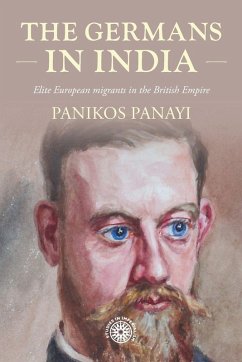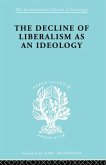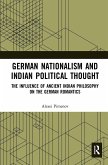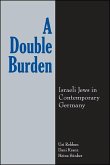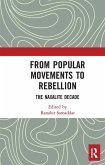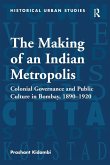Based on years of research in libraries and archives in England, Germany, India and Switzerland, this book offers a new interpretation of global migration from the early nineteenth until the early twentieth century. Rather than focusing on the mass transatlantic migration or the movement of Britons towards British colonies, it examines the elite German migrants who made their way to India, especially missionaries, scholars and scientists, businessmen and travellers. The volume outlines the reasons for migration, in which networks played a central role, and then moves on to examine the everyday lives of Germans in India. It tackles the concept of German community and outlines the interaction between Germans, Britons and Indians, which the First World War completely transformed. The history of the Germans in India is contextualised against the background of nineteenth-century globalisation as a result of imperialism and the internationalisation of German migrant identities. The story told here questions, for the first time, the concept of Europeans in India. Previous scholarship has tended to ignore any national variations in the presence of white people in India, viewing them either as part of a ruling elite or, more recently, white subalterns. The German elites undermine these conceptions. Developing into a distinct group before 1914, especially in the missionary compounds, the Government of India marginalised and expelled them during the First World War, when for the first time, many of them realised they had a distinct German national identity.
Bitte wählen Sie Ihr Anliegen aus.
Rechnungen
Retourenschein anfordern
Bestellstatus
Storno

